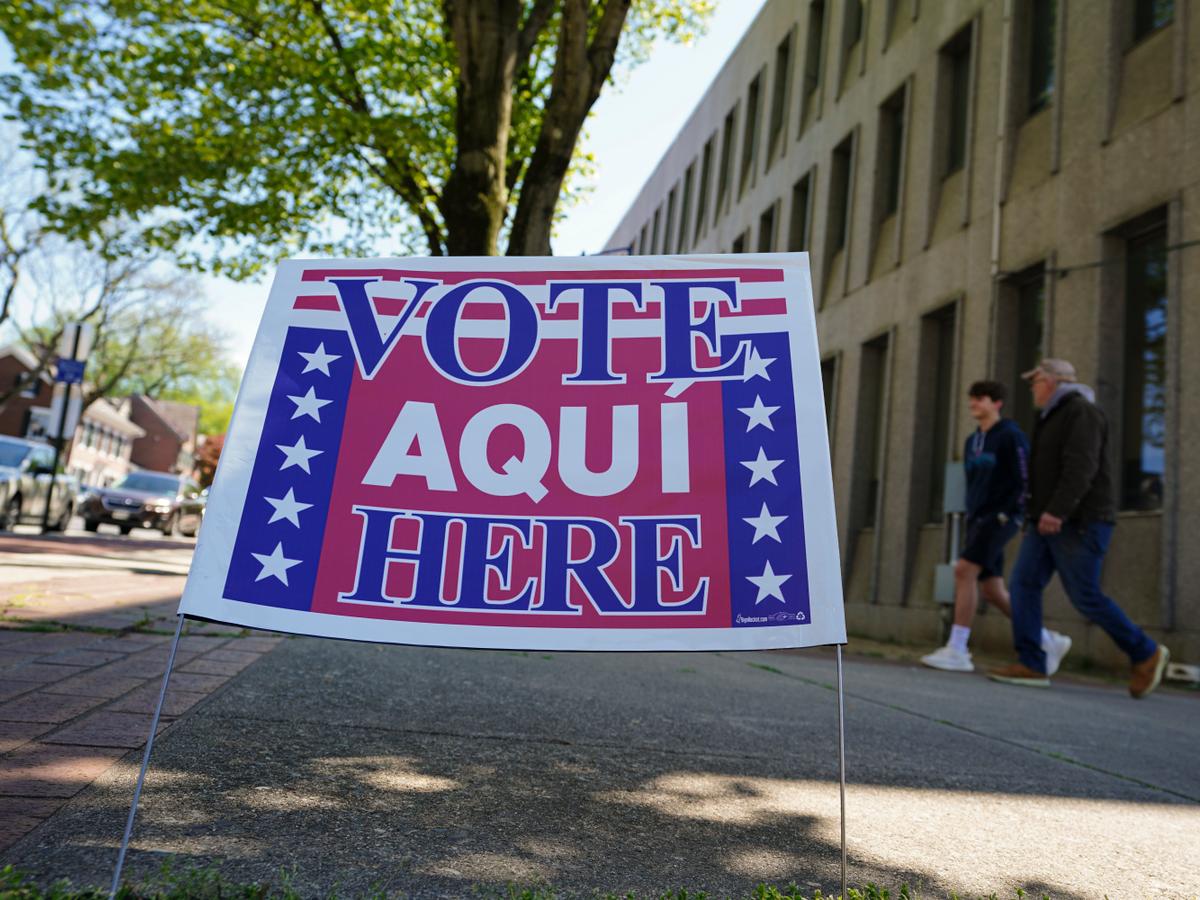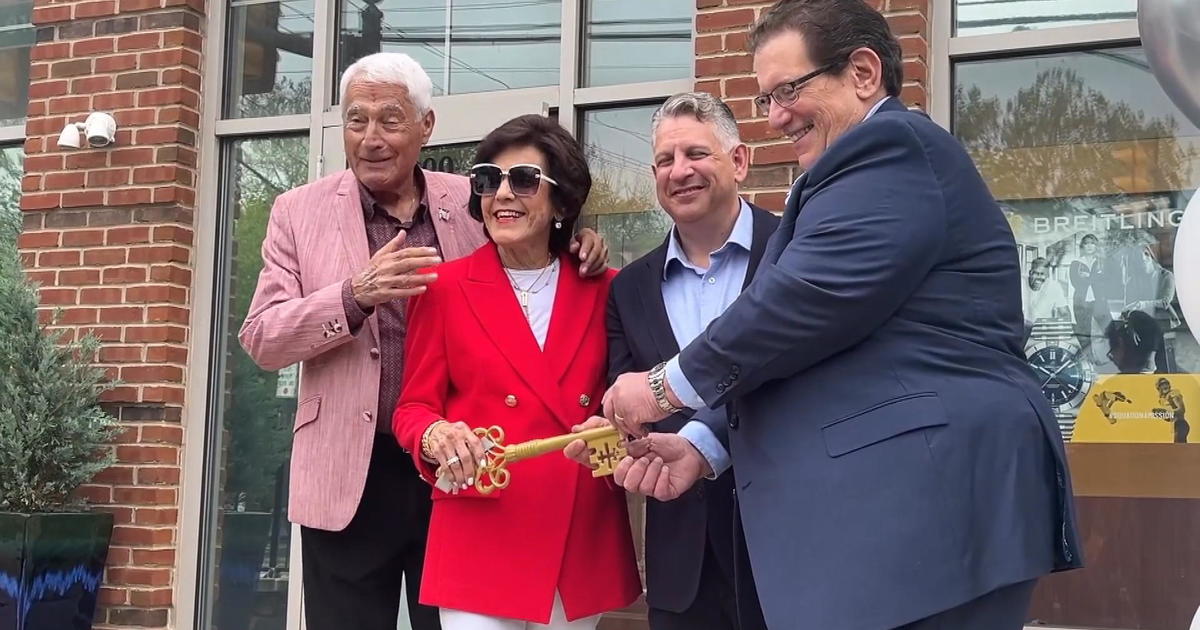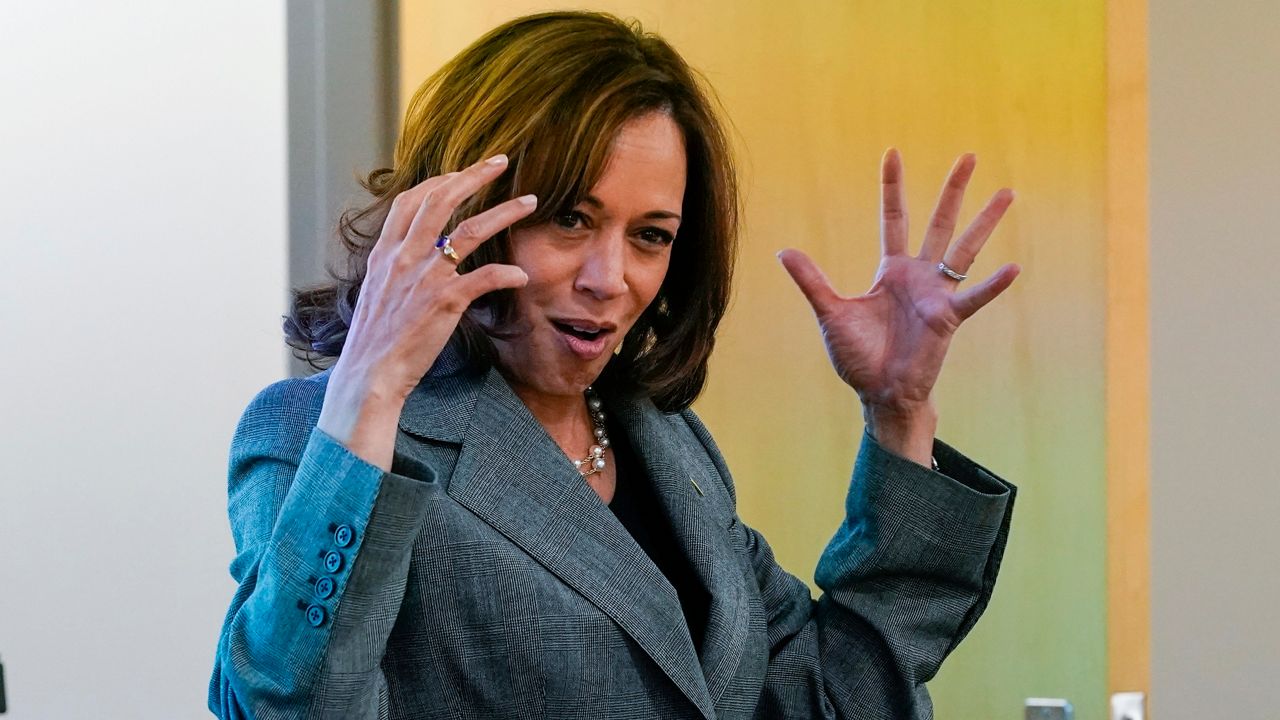Pennsylvania
Reforms Needed to Lower Prescription Costs for Pennsylvania Pharmacies, Families – Senator Ward, J

By Sen. Judy Ward (R-30), Sen. Christine Tartaglione (D-2), Rep. Jessica Benham (D-36) and Rep. Valerie Gaydos (R-44)
It’s hard to believe that right now, in the 21st century, countless Pennsylvanians are losing access to affordable prescription drugs. But that’s exactly what’s happening as more and more community pharmacies are being forced to close their doors due to the little-known role pharmacy benefit managers (PBMs) play in our health care system.
Because of PBMs, our commonwealth’s community pharmacies are faced with Medicaid reimbursement costs that do not cover the expenses incurred to purchase drugs. For some of our pharmacies, this challenge threatens their very survival.
PBMs were created with the best intentions to negotiate pricing with drug companies for prescription drugs through Medicaid to lower costs. But today, three PBMs — CVS Caremark, Express Scripts and Optum Rx — control 80% of the marketplace. With the big three in place, Pennsylvania’s Medicaid spend on the pharmacy benefit has drastically increased, from $1.41 billion in 2013 to $3.7 billion now annually, according to the National Community Pharmacy Association (NCPA).
In February, Mainline Pharmacy announced PBM pricing was forcing the closure of nine of its pharmacies in the greater Pittsburgh region across several counties, including Blair, Cambria and Westmoreland. This happened despite a record year for filling prescriptions because they lost $350,000 in the first six weeks of this year from PBM underpayments. Philadelphia lost several community pharmacies in underserved communities, including the 18th Street Apothecary and Haussemann’s Pharmacy.
We’re seeing this issue repeated across the commonwealth and the nation. The University of Pittsburgh has created a website (ActForPharmacy.com) that tracks community pharmacy closures and provides a sobering view of the challenges Pennsylvania community pharmacies face in staying open — and of Pennsylvanians who desperately need their prescriptions.
That’s why we’re sponsoring bipartisan legislation in the state House (House Bill 1993) and Senate (Senate Bill 1000) to stop this vicious cycle and bring transparency to the process. Transparency is critical to solving this problem because no one really knows how much PBMs are making at the expense of Pennsylvania’s dedicated community pharmacies and their patients.
We’re pleased the need for PBM reforms was cited by Gov. Josh Shapiro in his recent state budget address. Our legislation will direct the state Insurance Department to develop a process for hearing and resolving pharmacy complaints against a PBM. It also will require PBMs to report financial information on rebates and payments received from drug manufacturers and how those rebates and payments were distributed by the PBM. In addition, the legislation will limit or ban several practices by PBMs, including patient steering and spread profit schemes.
The time to enact comprehensive PBM reform is now. Nationally, the issue is taking center stage. A recent White House roundtable on lowering health care costs and bringing transparency to prescription drug middlemen included Pennsylvania pharmacist Dr. Chichi Ilonzo Momah, CEO and founder of Springfield Pharmacy in Delaware County. Speaking for community pharmacists, Dr. Momah detailed what’s happening to community pharmacists and the negative impact PBMs have on the Pennsylvania patients they serve.
Also at the roundtable was billionaire philanthropist Mark Cuban, a co-host of Shark Tank and owner of the NBA’s Dallas Mavericks. An outspoken critic of PBMs, Cuban has formed Cost Plus Drug Company, which provides complete price transparency from manufacturing to prescription delivery.
Let’s stop the needless closure of any more community pharmacies. Pennsylvania has the ability to better protect our commonwealth’s pharmacies, which are vital to their communities through the jobs they create and Pennsylvania families who depend on them for their prescription medications.
Republican Sen. Judy Ward represents Blair County and Democrat Christine Tartaglione represents parts of Philadelphia. Democratic Rep. Jessica Benham and Republican Rep. Valerie Gaydos represent parts of Allegheny County.
Sources:
Mainline closing: https://www.wtae.com/article/mainline-pharmacy-closing-harrison-city-blairsville/46853558
Map of pharmacy closures: https://www.actforpharmacy.com/pharmacy-closures
Legislation: https://www.legis.state.pa.us/cfdocs/billInfo/billInfo.cfm?sYear=2023&sInd=0&body=S&type=B&bn=1000
Statistics:https://ncpa.org/sites/default/files/2023-02/medicaid-managed-care-reform-2-pager_0.pdf
White House:https://www.whitehouse.gov/briefing-room/statements-releases/2024/03/05/readout-of-white-house-roundtable-on-lowering-healthcare-costs-and-bringing-transparency-to-prescription-drug-middlemen/
Media Contact: Nathan Akers
717-787-2421

Pennsylvania
Best US states: Pennsylvania, New Jersey, Delaware ranked in new study

PENNSYLVANIA – We all think our state deserves to be the best – but do the stats match our hometown pride?
U.S. News & World just ranked all 50 states in its 2024 “Best State Rankings,” and the Delaware Valley’s rankings may surprise you.
Evaluated by crime and corrections, economy, education, health care, and more; here’s how Pennsylvania, New Jersey and Delaware fared:
Pennsylvania
The No. 40 spot goes to Pennsylvania!
- 16th in Crime and Corrections
- 41st in Economy
- 39th in Education
- 11th in Health Care
“Pennsylvania has been one of the nation’s most important industrial centers for coal, steel and railroads, especially before World War II. The state is today among the country’s largest producers of canned fruit and vegetable-specialty products, chocolate and cocoa products, potato chips and pretzels, and is home to the “Snack Food Capital of the World.”
New Jersey
The Garden State earned the top ranking in the Delaware Valley at No. 14:
- 5th in Crime and Corrections
- 24th in Economy
- 4th in Education
- 4th in Health Care
“The home of native musical legends such as Bruce Springsteen, Jon Bon Jovi, Frank Sinatra and Whitney Houston, New Jersey is known for more than producing popular hit-makers. It has world-class universities, leading technology and biological science firms and one fast turnpike.”
Delaware
Drop a couple of spots, and you’ll find Delaware at No. 21:
- 32nd in Crime and Corrections
- 21st in Economy
- 33rd in Education
- 9th in Health Care
“Known as the First State, Delaware became the first state to ratify the Constitution in 1787. Delaware, which hugs the Atlantic coast, runs only 96 miles long and 39 miles wide and has just three counties: New Castle, Kent and Sussex.”
Top 10 Best States
- Utah
- New Hampshire
- Nebraska
- Minnesota
- Idaho
- Iowa
- Vermont
- Washington
- Florida
- Massachusetts
Pennsylvania
Where Pennsylvania is losing Democrats

Spotlight PA is an independent, nonpartisan, and nonprofit newsroom producing investigative and public-service journalism that holds power to account and drives positive change in Pennsylvania. Sign up for our free newsletters.
HARRISBURG — For the first time in at least 16 years, the Democratic and Republican parties in Pennsylvania are within half a million registered voters of one another.
Since 2008, Democrats’ registration edge over Republicans has steadily shrunk — from a 12% advantage in April 2008 to about a 4% advantage in April 2024, according to a Spotlight PA analysis of Department of State data.
The number of people registered as independents or under a third party has also grown, from 11% of total registered voters in 2008 to 15% this year.
Political consultants who spoke with Spotlight PA said that while registration trends can signal an electorate’s moods, they can’t tell you everything about how a closely divided state like Pennsylvania will vote.
Stephen Medvic, a government professor at Franklin & Marshall College, said 2010 was a high water mark for Democratic registration in recent Pennsylvania history and that there was “nowhere to go but down” from there in terms of registration numbers.
The party’s relatively lower registration rate is “not good [for Democrats], but I’m not sure it spells doom,” said Medvic.
Beyond that, consultants say Pennsylvania has undergone a political realignment in the last decade and a half. Anne Wakabayashi, a Democratic political consultant with public relations firm BerlinRosen, said registration is “catching up more with the behavior of the electorate.”
That behavior, she said, includes working-class voters in Western Pennsylvania who have historically been part of labor unions changing their registration to Republican in recent years, coupled with an influx of highly educated and wealthy transplants establishing themselves in the suburbs of Philadelphia.
Sam Chen, a GOP political consultant based in the Lehigh Valley, pointed to the same dynamic and noted that it can be seen in the commonwealth’s changing registration geography. Democrats used to dominate counties in the industrial and rural parts of the state, particularly in the southwest and northeast. Now those areas are redder, while Democrats have consolidated support in suburbs, particularly in the populous southeast.
“The Republican Party has shifted away from traditional conservativism into a more populist version of it, which speaks to traditional Democratic values like made-in-America union labor,” Chen said. “On the Democratic side, I think you see that shift away from traditional liberalism over to a little bit more of a progressivism.”
Wakabayashi noted that registration doesn’t always keep pace with quickly shifting political preferences.
In her experience, voters can be slow to change registration even as their political opinions change. Sometimes they vote across party lines, opt to split their ticket and vote for candidates in both parties, or just don’t turn out to cast a ballot.
For example, despite a dwindling advantage in the party’s number of registered voters in Pennsylvania, Democrats won top-of-ticket races for president in 2020, and U.S. Senate and governor in 2022.
However, in the latter year, Republicans Stacey Garrity and Tim DeFoor won statewide races for state treasurer and auditor general — flipping those offices.
Political consultants and academics also say the increase in independent and third-party voters is significant and could indicate a growing disdain for the major political parties and a wider apathy that results in low voter turnout, such as during the 2024 primary election.
This is particularly notable as Pennsylvania is one of 10 states with a closed primary system, which excludes independent and third-party voters from choosing which major party candidates will end up on the November general election ballot.
Some experts noted that this system could lead to fewer voters who consider themselves politically independent registering as such. Plus, voters can switch their party registration up to 10 days before the election, which they may do close to a primary so that they can participate in choosing a major party candidate, before switching back.
“As our partisans are getting increasingly more partisan, there are a lot of people that are heading to either third parties or the middle of the road,” said Wakabayashi. “Some of that is disillusionment with the parties on both sides.”
BEFORE YOU GO… If you learned something from this article, pay it forward and contribute to Spotlight PA at spotlightpa.org/donate. Spotlight PA is funded by foundations and readers like you who are committed to accountability journalism that gets results.
Pennsylvania
Employees become owners of iconic Bernie Robbins Jewelers in Pennsylvania and New Jersey

NEWTOWN, Pa. (CBS) — An iconic local jeweler is under new management after the previous owners turned over the business Monday to several longtime employees for free.
“Harvey and Maddy, so generous,” said Stephen Berman of Harvey and Maddy Rovinsky, who handed over the keys to their 62-year-old business, Bernie Robbins Jewelers.
They didn’t hand them over to just anybody.
“It’s really exciting,” said Berman, who managed the Newtown location.
He joined an ownership group with four other longtime employees, including those from the Somers Point, New Jersey, location. Berman learned of his new role last November.
“Shocked, because I couldn’t even imagine,” Berman said. “You work, and you work, and you do it for the right reasons, and you just don’t see this coming.”
Berman said the new leaders are committed to keeping the tradition started by Maddy Rovinsky’s parents, who founded the business in 1962.
“We don’t want to change the menu. We want to be the same and just go forward,” Berman said.
Harvey Rovinsky said he trusts the new owners because they have each worked for the jeweler between 20 to 30 years.
“They’ve been running the company for all this time, anyway. Now, they’re going to own it,” he said. “So, it’s a pretty good thing.”
Harvey added that while he is turning over the reins, he will stay on as advisor.
“And these people are great people. They’re going to be able to be running this themselves, and I’m here to help them if and when they need me,” he said.
Berman and his new co-owners said the Rovinskys are like family, and he is ecstatic to have a new role in this family business.
“It’s just a wonderful opportunity,” Berman said. “I couldn’t be happier about it. I’m so fortunate.”
-

 World1 week ago
World1 week agoRussian forces gained partial control of Donetsk's Ocheretyne town
-
Movie Reviews1 week ago
Challengers Movie Review
-

 Politics1 week ago
Politics1 week agoHouse Republicans brace for spring legislative sprint with one less GOP vote
-

 World1 week ago
World1 week agoAt least four dead in US after dozens of tornadoes rip through Oklahoma
-

 Politics1 week ago
Politics1 week agoDems disagree on whether party has antisemitism problem
-

 Politics1 week ago
Politics1 week agoWashington chooses its wars; Ukraine and Israel have made the cut despite opposition on right and left
-

 Politics1 week ago
Politics1 week agoAnti-Trump DA's no-show at debate leaves challenger facing off against empty podium
-

 Politics1 week ago
Politics1 week agoStefanik hits special counsel Jack Smith with ethics complaint, accuses him of election meddling
















